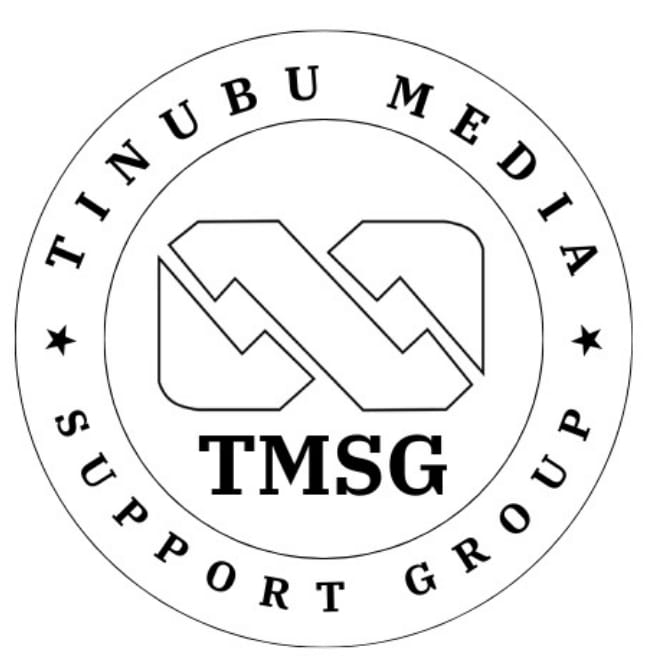The Federation Accounts and Allocation Committee meeting which was declared inconclusive yesterday, was today concluded and revenue figures presented by the AGF was adopted and shared among the three tiers of Government.
The acceptance of the figures by the members of FAAC followed consultations made by the Minister of Finance, Accountant-General of the Federation with some States’ Governors and representatives of States’ Commissioners of Finance.
Accordingly, a total sum of N647.390 billion was shared as FAAC allocation among the Federal, States and Local Government Councils as revenue for the month of February 2018.
The communiqué issued by the Sub-Committee of Federation Accounts Allocation Committee (FAAC), Office of the Accountant-General of the Federation, indicated that the gross statutory revenue received for the month is N557.943 billion and is higher than N538.908 billion received in the previous month by N19.035 billion. The shared amount comprise the Month’s Statutory distributable revenue of N557.943 billion and the Value Added Tax of N89.447billion making up the sum of N647.390 billion.
Accordingly, from Net Statutory Allocation, the Federal Government received N257.927 billion representing (52.68%); States received N130.824 billion (26.72%); Local Government Councils received N100.860 billion representing (20.60%); while the Oil Producing States received N57.357 billion as 13% derivation revenue. Meanwhile, FIRS, Nigeria Custom Service and DPR received the sum of N14.554 billion as their cost of collection and FIRS refund.
Furthermore, from the Revenue available from the Net Value Added Tax (VAT), Federal Government received N12.880 billion (15%); States received N42.935 billion (50%) while the Local Government Councils received N30.054 billion (35%).
The Communique further explained that there was an increase in the average price of crude oil from $57.71 to $63.08 per barrel and an increase in export sales of 2.8 million barrels which resulted in increased revenue from Export sales of $194.39 billion .It further stated that other issues which negatively affected the Crude oil production and resulted to shut-ins and shut-downs are pipelines maintenance and repairs.
Furthermore, significant increases were recorded in Petroleum Profit Tax (PPT) while revenues from Import Duty, Companies Income Tax(CIT) and Value Added Tax (VAT) decreased considerably in the month under review.
Meanwhile, the Minister of Finance, Mrs. Kemi Adeosun has scheduled a meeting with the Group General Manager of the Nigerian National Petroleum Corporation (NNPC) to reconcile and resolve the gray areas.





